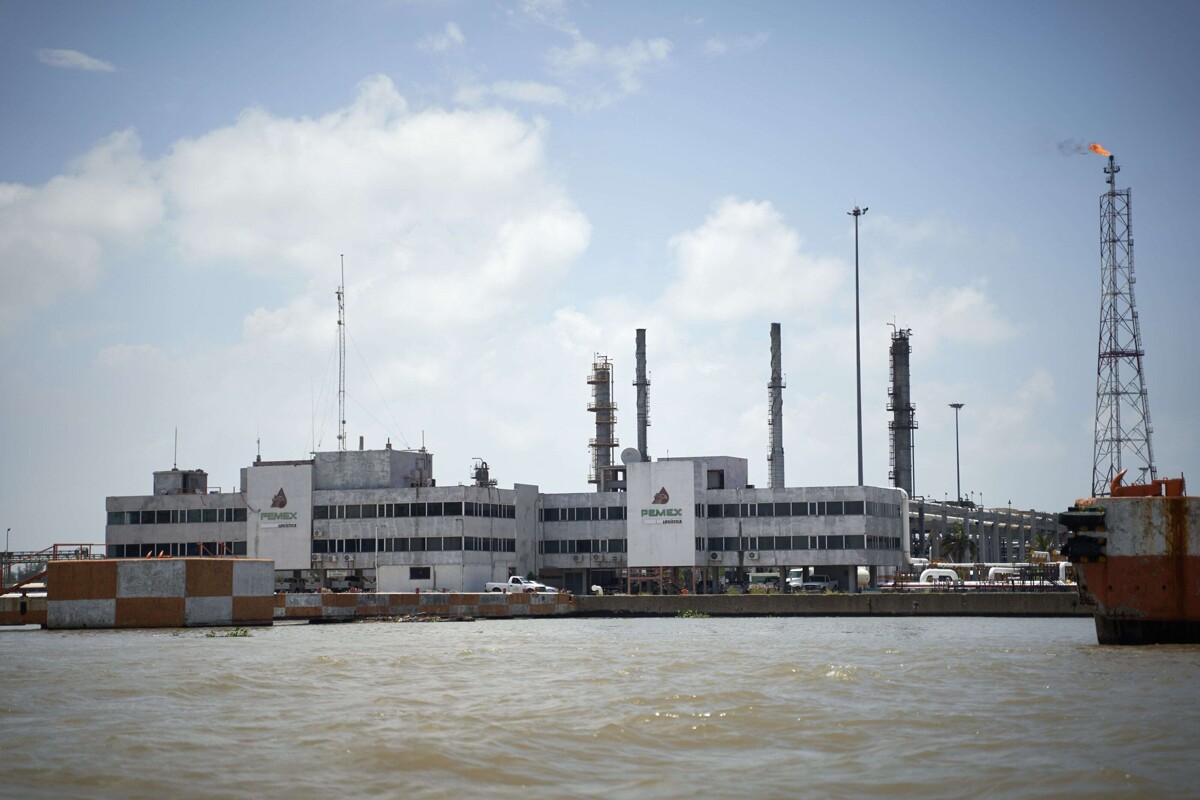
The Mexican government has recently presented the National Energy Plan 2024-2030 and the National Strategy for the Hydrocarbons and Natural Gas Sector 2024-2030, outlining key goals for the electric, oil, and natural gas sectors. Mexico is expected to transition towards greater use of natural gas in its energy transition process, gradually phasing out more polluting fossil fuels such as fuel oil.
According to the Director of Data Analytics at IMCO and a professor of macroeconomics at ITAM, the energy sector plays a fundamental role in the country's economic growth, being key to the sustainable evolution of fiscal balances. As more details about the U.S. energy program under the administration of Donald Trump become known, challenges in the sector increase on both sides of the risk spectrum.
The United States plans to focus on the construction of strategic projects in gas transportation, raising questions about their environmental implications and their ability to contribute stably to the electrical system. The energy transition in the country encompasses the consideration of renewable sources such as wind and solar energy but faces the elimination of benefits that could affect the profitability of companies in the sector.
In the short term, the bet on natural gas in the U.S. may favor the country due to its access to competitive prices in the global market. However, public participation in these markets poses challenges for complying with trade agreements such as the USMCA. On the other hand, the presentation of the economic package for 2025 is expected to reveal budget constraints that could open doors to private investment in the productive chain.
Crucial aspects to consider include partnership mechanisms for the private sector, clarity of participation rules in energy markets, and planning in strategic areas for the energy development of the country. Amid these changes, it is vital to find a balance between the energy transition to cleaner sources and the promotion of sustainable economic growth.














